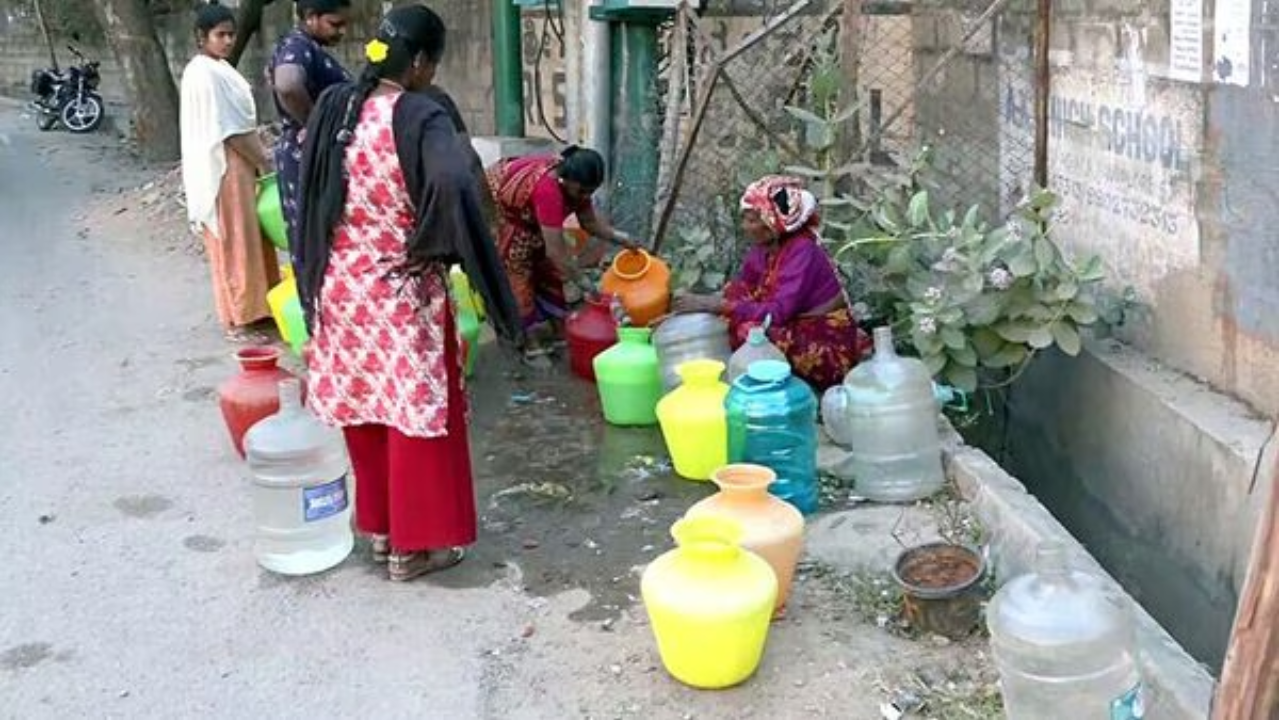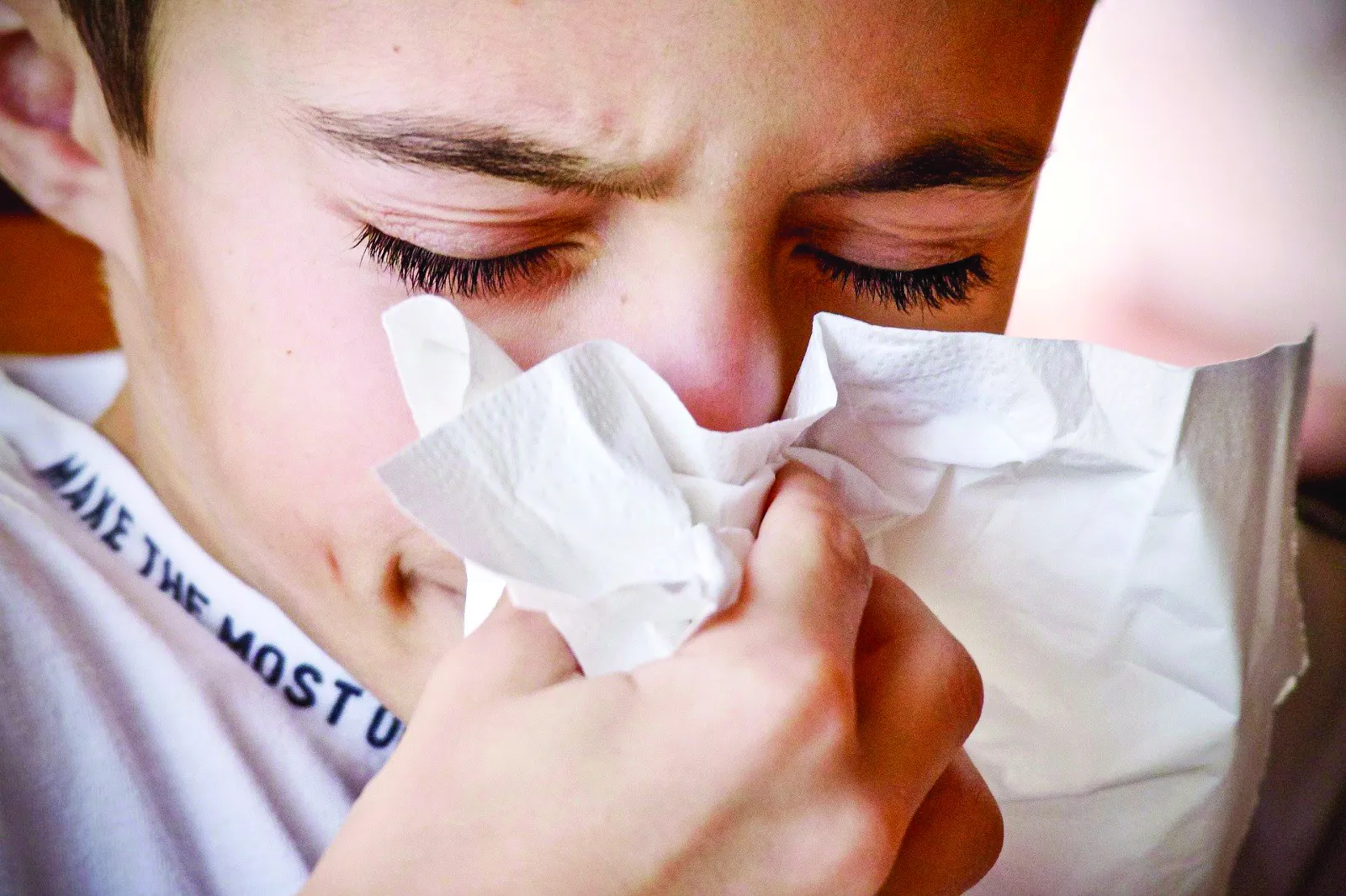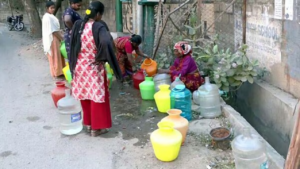Residents of Bengaluru, known as India’s ‘Silicon Valley’, are grappling with an unprecedented water crisis, prompting them to explore various measures from working from home to using mall toilets. Across different neighborhoods, people are facing water scarcity, compelling them to adopt measures like ordering food from restaurants and limiting bathing to alternate days.
Even those residing in high-rise apartments with water harvesting systems are now dependent on water tankers for their basic needs, resulting in stringent usage restrictions. Eateries are contemplating the use of disposable cups, glasses, and plates to minimize water consumption.
Educational institutions are also feeling the impact, with some resorting to online classes due to the emergency situation. Residents are innovating to conserve water, with some opting for paper plates to reduce water usage while others are limiting their use of washing machines and resorting to ordering food less frequently.
Innovative solutions also include visiting malls for showers or toilet facilities. Bengaluru’s water supply primarily relies on the Cauvery river and groundwater, supplemented by recycled water from sewage treatment plants for non-drinking purposes. However, prolonged dry spells have strained these water sources, resulting in a shortfall of nearly half the required daily supply of 2,600-2,800 million liters.














